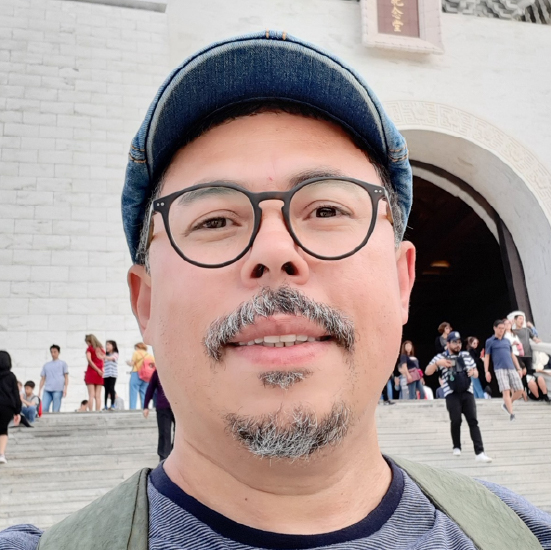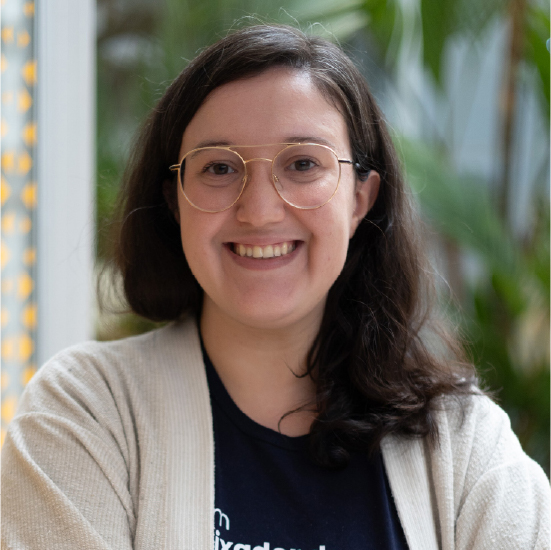
Chairs: Eduardo Rodrigues de Lima &
Juliane Regina de Oliveira
Date: Saturday, 26th July 2025
Time: 09:00 – 10:30
Mission and Objectives
The workshop presents recent strategies based on IoT architecture and artificial intelligence algorithms to support public health. Developing an IoT and artificial intelligence-based architecture for disease detection can save lives and help control future outbreaks, ultimately strengthening public health systems. The first part of the workshop is the paper/abstract session with a presentation of studies and application cases related to the workshop subject, where the authors can show results and scientific contributions using strategies based on IoT and artificial intelligence to avoid the spread of diseases and future overbreak. The second part consists of a short introduction of communication systems, IoT, artificial intelligence, and data fusion, followed by a mini panel with discussion and questions about workshop subjects. The workshop brings together experts from various fields to explore innovative solutions at the intersection of technology and public health. Through discussions on IoT architecture, artificial intelligence, and data-driven approaches, participants will examine strategies for disease detection, outbreak control, and healthcare system improvements.
Intended Audience
The workshop targets a broad audience of graduate and undergraduate students, researchers, and professionals from different fields, such as public health, engineering, and computer science. The intended audiences can participate in paper/abstract sessions, in which authors can show relevant studies and scientific contributions, promoting development and innovation to support public health. The audience can interact through a brief contextual presentation of the intersection between recent technologies communication systems, IoT architectures, artificial intelligence, and data fusion. Finally, the audience can discuss the subject with panelists who will be invited to answer questions about technologies and public health from chairs and intended audience to promote wide spectrum perspective.
Submissions and participation are welcome from the range of expertise involved in digital health including:
- Students and researchers from academia;
- National and international public health agencies;
- Industry and start-up of technologies and health;
- Institute research;
- Public health experts, epidemiologists, clinicians etc.
Expected Outcomes
The Workshop is an opportunity to learn about innovation of emergent technologies and join in discussion of communication systems, IoT architecture, artificial intelligence and data fusion to support public health. The expected outcome is dissemination and enhancing the knowledge of technologies and public health between participants, panelists and chairs, creating the environment to research, development and innovation.
- Identify innovation and challenges of technologies to support public health;
- Show new reports and scientific contributions of recent technologies and artificial intelligence algorithms to support public health;
- Understand new technologies and artificial intelligence applied to IoT applications;
- Promote discussion between specialists and participants about challenges and technologies.
Format and Schedule
The workshop presents two parts: a paper/abstract session, short introduction followed by the mini panel with discussion between four and six panelists, chairs and participants session.
The table below presents more details of the schedule tentative of workshop with respective duration and activities.
| Duration | Session | |
|---|---|---|
| 9:00 – 9:45 | Abstract Presentation | |
| 9:00 – 9:15 | IA in Health Systems: Trend Analysis of Cloud and Edge Computing – Bruno Dutra, Victoria Leite, Matheus Nogueira, Haroldo Onisto, and Tiago Dezotti | |
| 9:15 – 9:30 | Streamlining Medical Device Development with MBSE, Code Generation, and other tools – Matheus Nogueira, Victoria Leite, Bruno Dutra, Haroldo Onisto, and Tiago Dezotti | |
| 9:30 – 9:45 | Architecting for the Real World: Deployment Challenges of IoT-Based Mosquito Surveillance Systems – Aisha Aldosery, Eduardo Rodrigues de Lima, Tiago Massoni, Bruna Gouveia, and Patty Kostkova | |
| 9:45 – 9:50 | Short introduction | |
| 9:50 – 10:30 | Mini Panel Moderator: Dr. Eduardo Rodrigues de Lima – Moderator Panelists: Dr. Jailson Correia – Public Health – Infecology & Pediatry Dr. Aisha Aldosery – Internet of Things for Public Health Dr. Juliane Regina de Oliveira – Sensor Reading Fusion Dr. Bruno Gomes Dutra – Artificial Inteligence MSc Laelia Reginae do Monte Pessoa Felix – Public Health – Sanitary surveillance |
SPEAKERS

Eduardo Rodrigues de Lima, Ph.D (Chair)
Eldorado Research Institute, Campinas, Brazil
UNICAMP, Campinas, Brazil

Juliane Regina de Oliveira, Ph.D (Chair)
Eldorado Research Institute, Campinas, Brazil

University of Pernambuco, Instituto de Medicina Integral Prof. Fernando Figueira and Faculdade Pernambucana de Saúde

Eldorado Research Institute

Health Region in Recife

Eldorado Research Institute

Eldorado Research Institute

Space Technologies Institute, King Abdulaziz City for Science and Technology (KACST)
